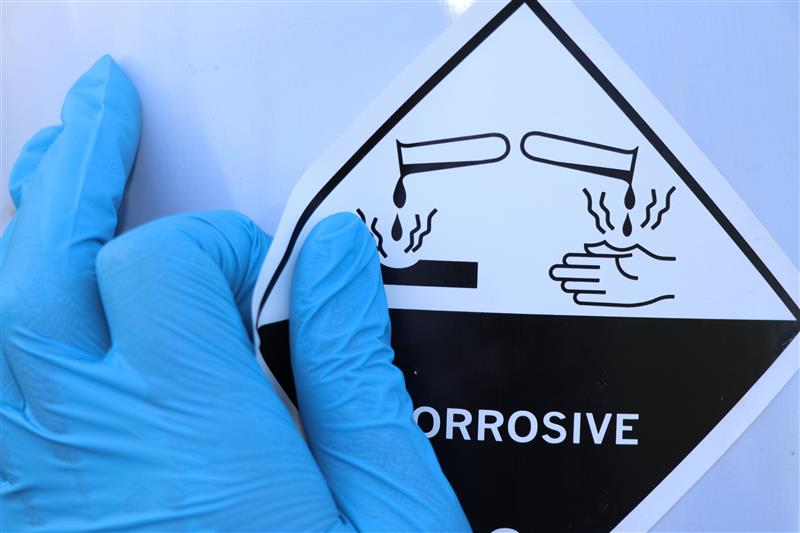July 11, 2024
Blog
How cloud labeling solutions drive compliance in the chemical industry
Laura Hindley
Senior PR & Communications Manager
Share
After working through a few challenging years, the global chemical industry entered 2024 with a positive outlook anticipating moderate growth. Rising demand, innovations, a push to digitalize, and a stronger industry focus on sustainability and decarbonization are all boosting the sector to help drive this growth.
The chemical industry also grapples with supply chain disruptions, geopolitical tensions, sustainability demands, and diverging standards. Emerging regulations are now prompting companies across various industries, chemicals included, to reconsider processes and systems.
For example, key updates to the EU CLP (classification, labeling, and packaging) — which aligns with the internationally recognized Globally Harmonized System of Classification and Labeling of Chemicals (GHS) — were published in January 2024 and begin to go into effect in early 2025. And while this is an EU-based regulation, it will impact companies worldwide that won’t be able to ship products into the EU if they don’t meet the new requirements. The updated EU CLP is far from the only new or evolving regulation companies in the chemical sector must worry about.
As rules, regulations, and guidelines evolve on an international basis, companies need modern cloud labeling solutions that support their business needs and help them stay compliant.
Respond faster, manage regulations, and keep customers happy
A cloud-based labeling solution that meets good manufacturing practices retrieves data from multiple systems for the same label and enables users to adapt to these evolving regulations quickly and easily. In the case of GHS standards, for example, companies must publish six different elements on each label: signal word, product name, hazard statement, pictograms, manufacture information, and precautionary statement to be compliant.
Companies must manage raw materials, feedstock, commodity pricing, and regulatory issues, both locally and internationally, as well as deal with third parties while tracking products right to the customer. If businesses can’t meet all the global regulations established, then they are limited from shipping across borders and into new regions. Managing this isn’t easy, but by standardizing on a single cloud Enterprise Labeling solution – one that links labeling processes with business processes to drive speed, accuracy, and compliance – organizations in the chemical sector or dealing with chemical labeling can reduce international shipping delays, minimize operational steps, lower inventory, and avoid mistakes.
As organizations expand into new markets and leverage new opportunities, they need systems that will meet their needs on a global and local level. These systems must incorporate proper, certified integration with systems of record like SAP and Oracle, and a cloud Enterprise Labeling solution that can handle different languages, regulatory standards, color printing, third-party and customer demands provides the flexibility needed.
Future-proof your labeling operations
With a cloud-based labeling solution in place, growing companies can leverage a chemical labeling strategy that helps them reduce inefficiencies and costs, respond faster to customer and regulatory requirements to ensure compliance, and improve the overall bottom line. Discover more by reading our recent whitepaper!

